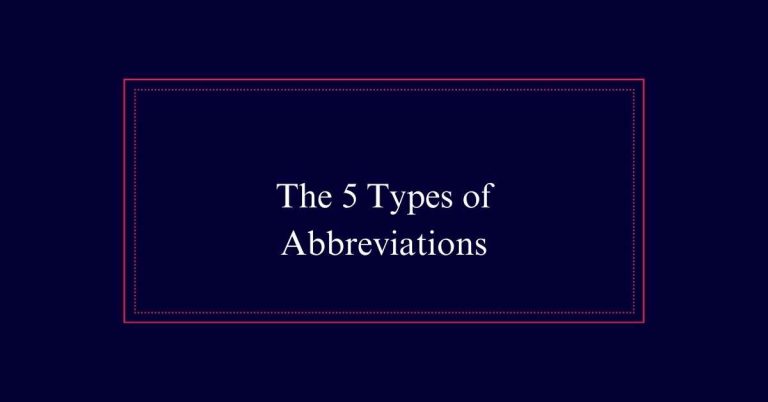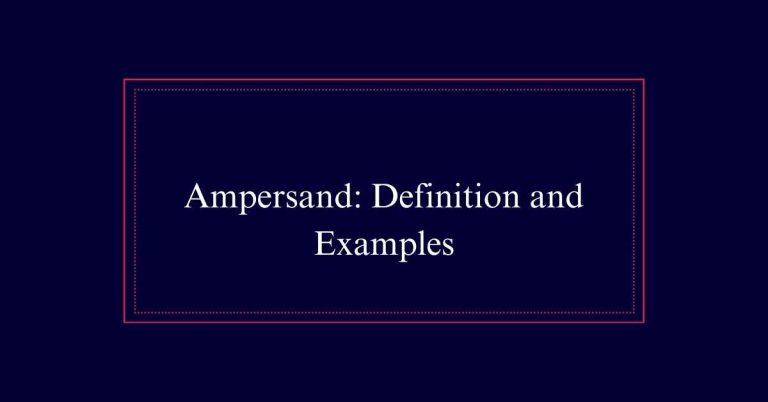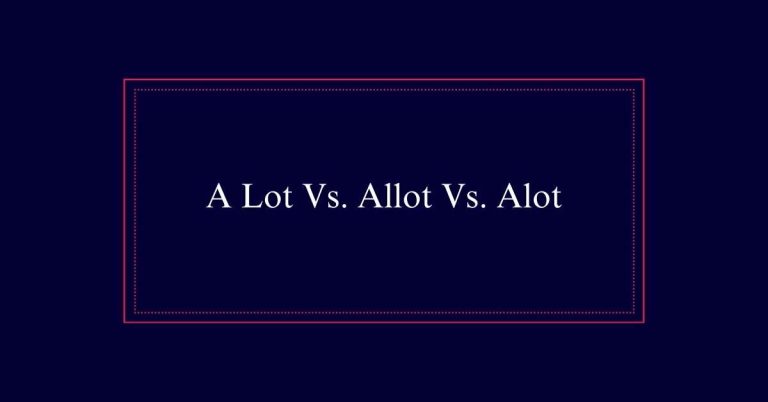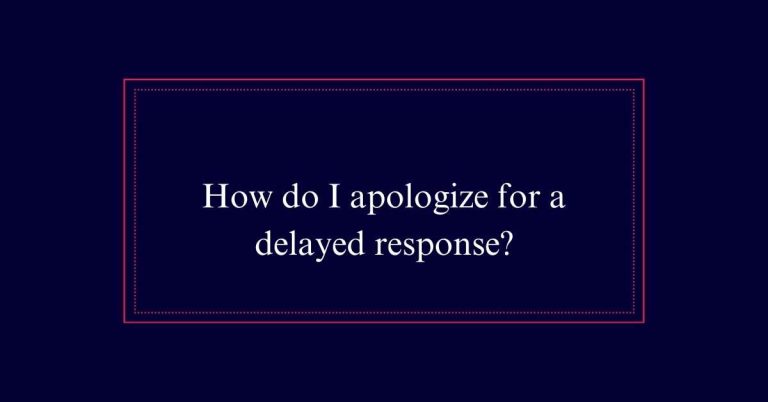Dragged or Drug
The correct past tense of ‘drag’ is ‘dragged.’ This follows standard English grammar rules for regular verbs, where ‘-ed’ is added to the base form. While ‘drug’ is used in some Southern American dialects, it is not recognized as standard English. In formal writing and widely accepted usage, ‘dragged’ is preferred.
Understanding ‘Drag’
Understanding the verb ‘drag’ requires recognizing that it signifies pulling or drawing something along a surface. This action often involves exerting force to move an object or person.
For instance, one might drag a heavy suitcase across an airport floor. The verb can also describe a person moving themselves with difficulty, as in dragging oneself home after a long day. Additionally, it can be used in competitive contexts, such as dragging in a race.
The verb ‘drag’ forms its past tense by adding ‘-ed’ and doubling the final ‘g,’ resulting in ‘dragged.’ This form is universally accepted in both British English and formal American English.
Regular Verb Usage
Recognizing ‘drag’ as a regular verb helps clarify its usage and past tense formation. Regular verbs follow a straightforward pattern, typically adding ‘-ed’ to form the past tense. For ‘drag,’ this results in ‘dragged.’ This consistency simplifies learning and usage.
For example, you might say, ‘I dragged the heavy box across the floor.’ Here, ‘dragged’ clearly indicates a past action. This regular pattern is key for clear communication. Using ‘drug’ instead of ‘dragged’ can cause confusion, as ‘drug’ is not standard in most dialects.
Forming ‘Dragged’
How is ‘dragged’ formed from the verb ‘drag’?
‘Dragged’ is the past tense and past participle of the verb ‘drag.’ To form ‘dragged,’ you start with the base verb ‘drag.’ Since ‘drag’ is a regular verb, you create its past tense by adding the suffix ‘-ed.’ This results in ‘dragged.’
Additionally, you double the final ‘g’ in ‘drag’ to maintain the correct pronunciation. As a result, ‘drag’ becomes ‘dragged.’ This transformation follows standard English grammar rules for regular verbs ending in a consonant.
Dialectal ‘Drug’
While ‘dragged’ is the standard form, some American dialects use ‘drug’ as the past tense of ‘drag.’ This usage is particularly common in the Southern United States. In these regions, ‘drug’ functions as an irregular verb, contrary to the standard English rule that forms the past tense by adding ‘-ed’ to the base verb.
The use of ‘drug’ in these dialects may seem informal or incorrect to speakers of other English varieties. However, it reflects the rich diversity within American English. Despite this, formal writing and widely accepted usage still favor ‘dragged.

Regional Variations
Regional variations in language can lead to different forms of verbs being used in various parts of the English-speaking world. In the United States, the use of ‘drug’ as the past tense of ‘drag’ is prevalent in some Southern dialects. This regional usage contrasts markedly with the standard form ‘dragged,’ which is widely accepted in formal contexts.
In British English and formal American English, ‘dragged’ is the preferred past tense and past participle. These variations highlight how language can evolve differently in various regions. While ‘drug’ might be common in informal settings in certain areas, it is crucial to be aware of the standard form to secure clear and effective communication across different regions.
Standard English Preference
Following Standard English conventions guarantees effective communication and understanding. Using the correct form of verbs is essential. For the verb ‘drag,’ the standard past tense and past participle is ‘dragged.’ This form is widely recognized and accepted across all English-speaking regions. Adhering to this standard ensures clarity and avoids confusion.
- Consistency: Using ‘dragged’ maintains uniformity in writing and speaking, making it easier for everyone to understand.
- Professionalism: Employing the correct form reflects a good command of the language, which is particularly important in formal settings.
- Comprehension: Standard usage helps prevent misunderstandings, especially in diverse audiences where regional dialects may not be understood.
Informal Use of ‘Drug’
In some informal settings, particularly in certain American dialects, the word ‘drug’ is used as the past tense of ‘drag.’ This usage is most common in the southern United States, where it is considered an irregular verb.
While ‘dragged’ is the standard past tense in formal American and British English, ‘drug’ persists in these regional dialects. This informal usage can be confusing for those unfamiliar with it, as it deviates from the regular verb pattern.
Despite its regional acceptance, ‘drug’ remains nonstandard in formal writing and speech. To avoid misunderstandings and maintain clarity, it is advisable to use ‘dragged’ in all formal communications and standard English contexts.
Examples Using ‘Dragged’
Examples of ‘dragged’ demonstrate its correct usage in various contexts. This term is the standard past tense and past participle form of the verb ‘drag.’ It is used to describe the act of pulling something or someone with force. Here are a few examples to illustrate its application:
- Two pilots were dragged out of the cockpit for suspected intoxication, highlighting a serious incident.
- A passenger was dragged along a train platform due to a door mishap, emphasizing an unfortunate accident.
- Tourists in China were dragged across a glass walkway suspended over a canyon, illustrating a dramatic experience.
Examples Using ‘Drug’
Some American dialects use ‘drug’ as the past tense of ‘drag,’ though this usage is considered informal. For instance, in a narrative involving an altercation, one might say, ‘The suspect was drug out of the vehicle by the police.’
Another example could be, ‘He was drug out of bed early in the morning.’ In a business context, delays might be described as, ‘The project was drug out longer than expected.’
Though these examples show how ‘drug’ is used in some regions, it is important to note that this form is not universally accepted. In formal writing and standard English, ‘dragged’ should be used instead.
Choosing the Right Form
When deciding between ‘dragged’ and ‘drug,’ it is important to take into account the context and audience. The choice largely depends on the setting and the formality required.
- Standard English:
In formal writing and most spoken contexts, ‘dragged’ is preferred. It aligns with standard grammatical rules.
- Regional Dialects:
In some American dialects, particularly in the southern United States, ‘drug’ may be acceptable for informal speech.
- Professional Settings:
In professional or international communications, using ‘dragged’ avoids misunderstandings and maintains credibility.






